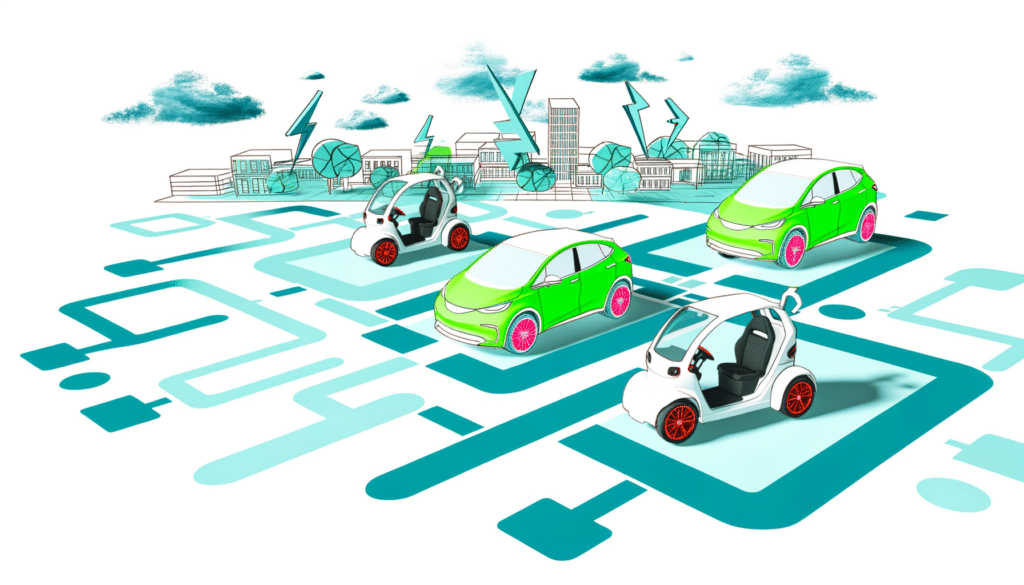The Appeal of the Best Electric Vehicles
When it comes to selecting the best electric vehicles, several factors come into play. These include driving range, charging infrastructure, initial cost, and overall sustainability. Vehicles like the Tesla Model S and the Audi e-tron provide longer ranges and luxurious features, appealing to those who prioritize performance and comfort. On the other hand, brands like Kia and Hyundai offer more budget-friendly electric cars without compromising on essential features, making them appealing for a broader audience. Assessing your specific needs, such as daily commute distance and access to EV charging, can help determine the most suitable electric vehicle for your lifestyle.
Understanding EV Charging
One crucial aspect of owning an electric vehicle is understanding the available EV charging options. There are primarily three levels of EV charging: Level 1, Level 2, and DC fast charging. Level 1 chargers use a standard household outlet and are suitable for overnight charging, but they are slow. Level 2 chargers provide a faster charging time, often requiring a special installation at home or found at public charging stations. DC fast chargers are the quickest option, capable of charging an electric car to 80% in around 30 minutes, but they are less common. It’s advisable to research the EV charging infrastructure in your area to ensure convenience and efficiency in maintaining your electric vehicle’s charge.
Exploring Affordable Electric Cars
For those new to the world of electric vehicles, affordability can be a significant concern. Fortunately, the market has seen an influx of affordable electric cars that do not compromise on quality or performance. Models such as the Chevrolet Bolt and the Hyundai Kona Electric offer competitive pricing with commendable electric vehicle range and features. By considering federal and state incentives, the total cost of ownership can be further reduced, making these vehicles even more attractive. Prospective buyers are encouraged to explore these options, balancing initial costs with long-term savings on fuel and maintenance.
Electric Vehicle Range and Its Importance
The range of an electric vehicle is one of the most critical factors that potential buyers consider. This refers to the distance an electric car can travel on a single charge. It varies significantly between models, with some offering ranges over 300 miles, like the Tesla Model S, while others may offer lesser ranges suitable for city commuting. Understanding your daily driving habits and the availability of EV charging stations will help you determine the appropriate electric vehicle range for your needs. Advances in battery technology continue to improve range capabilities, making electric vehicles a more practical choice for an increasing number of consumers.

